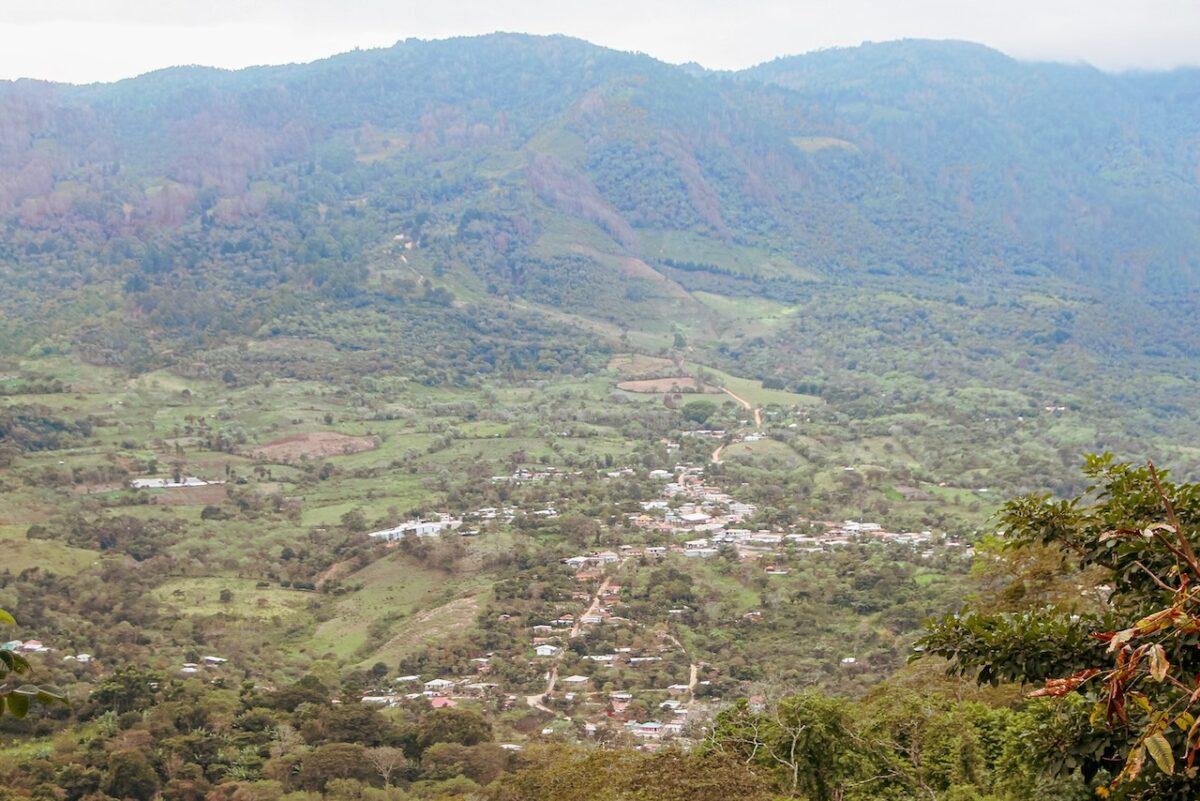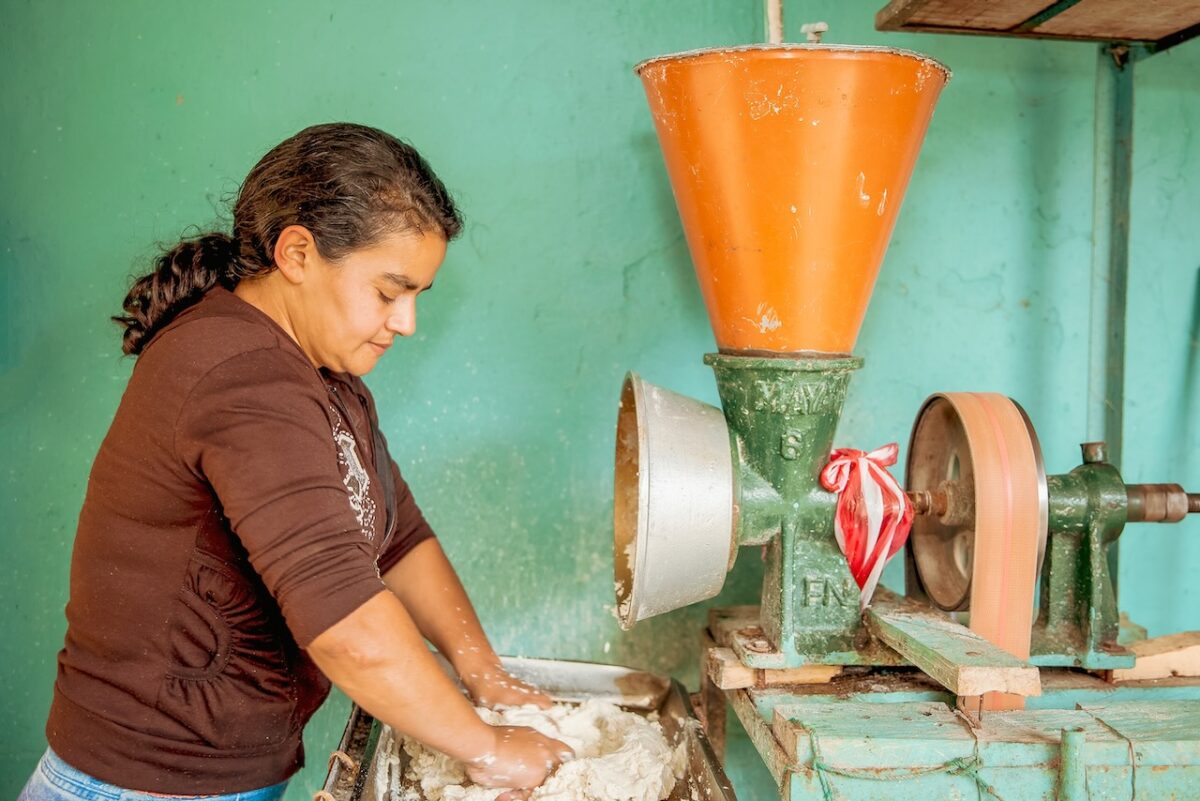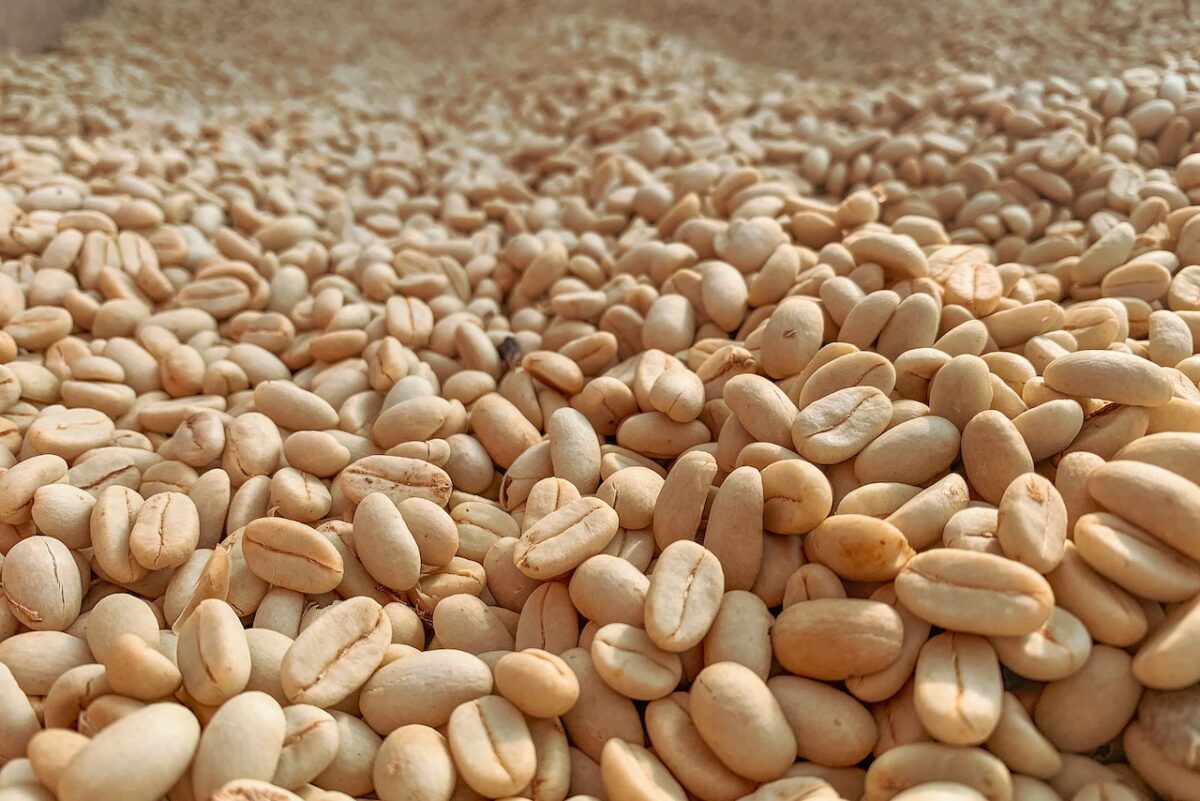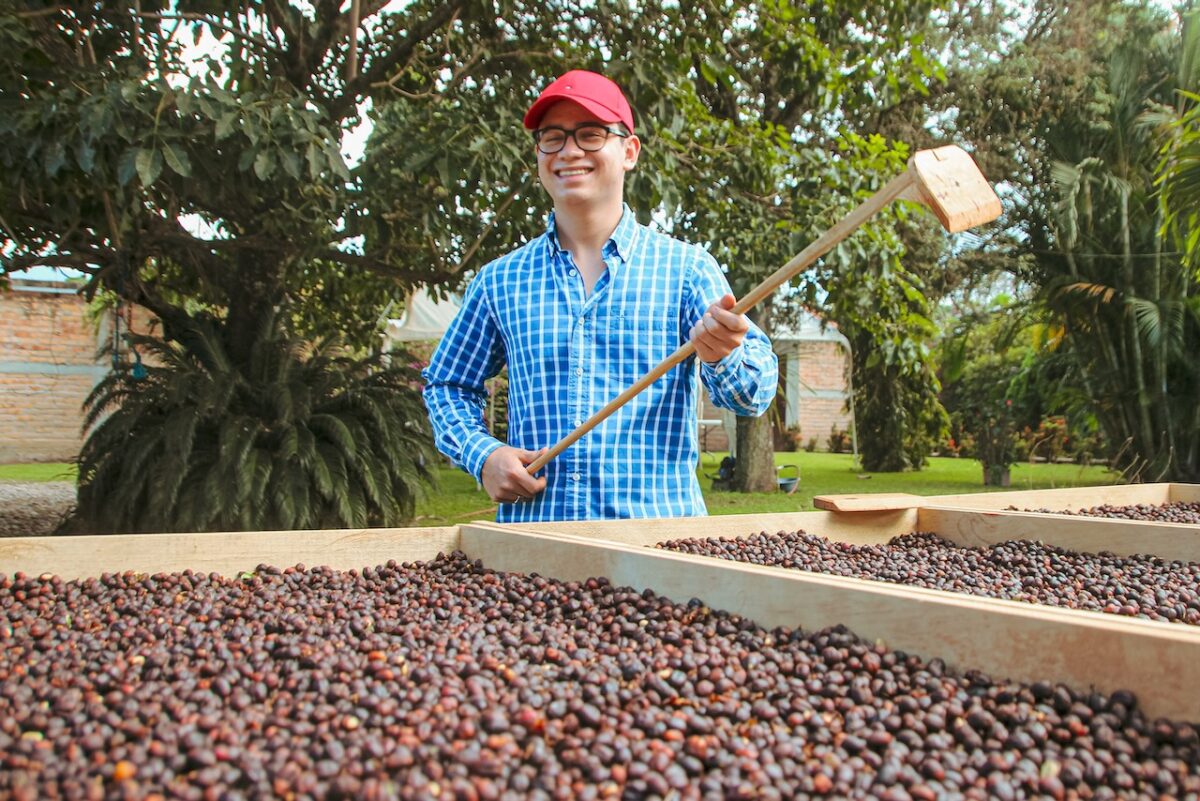
Honduras

Country of Honduras
Honduras is located near the very center of Central America. The country shares its borders with Guatemala, El Salvador and Nicaragua. Its capital is Tegucigalpa. In ancient times, Honduras was the epicenter of the Mayan Civilization. The Mayan Ruins of Copan, near the border with Guatemala, is listed as a UNESCO World Heritage site.
Honduras earned its independence in 1821 after a long period of Spanish rule. The country’s official currency is named in honor of Lempira, a warrior hero who led the Lenca indigenous group in its war of resistance in the 1530’s.

Industry of Honduras
Of Central American nations, Honduras is among the most strongly connected with the United States. Export to the US accounts for 30% of GDP, and remittances from the US make up 20% of the country’s economic output. Its main industry is agriculture. Banana farming thrived in the early 20th century, with its interests mainly controlled by the US. The United Fruit Company, among other corporations, wielded a strong economic and political influence in Honduras. Thus, the country was once referred to as a “banana republic.”
Coffee production began in the 1800’s. Production quantity increased thanks to US support. Though not widely known, Honduras produced the seventh largest amount of coffee in the world in 2021, and the largest in Central America. The country’s coffee industry has overcome various challenges, such as Hurricane Mitch in 1998, the coffee crisis (plummeting international prices) in 1999 and the spread of leaf rust in around 2012. IHCAFE has played a major role in helping the country maintain its production volume.

Coffee Revolution of IHCAFE
IHCAFE, or the Honduran Coffee Institute, was established by the government in 1970. It’s an organization aimed at developing coffee production in Honduras through efforts to improve quality and expand infrastructure. The group was privatized in 2000. And in 2004, IHCAFE played a central part in organizing Honduras’s first Cup of Excellence. The group actively seeks to develop new varieties, too, with Parainema and IHCAFE90 being the most widely known among them.
IHCAFE provides training and low-interest loans to producers. These initiatives have helped motivate young people toward agriculture and pushed down the average age of coffee producers in Honduras – a trend rarely seen in other coffee producing countries.

Future of Honduras
Honduras offers a hope for coffee producing countries. It’s demonstrated that even a producing country that was once focused on commercial coffee can develop specialty coffee production, entice youngsters back into agriculture, improve sustainability and enhance the quality of coffee.